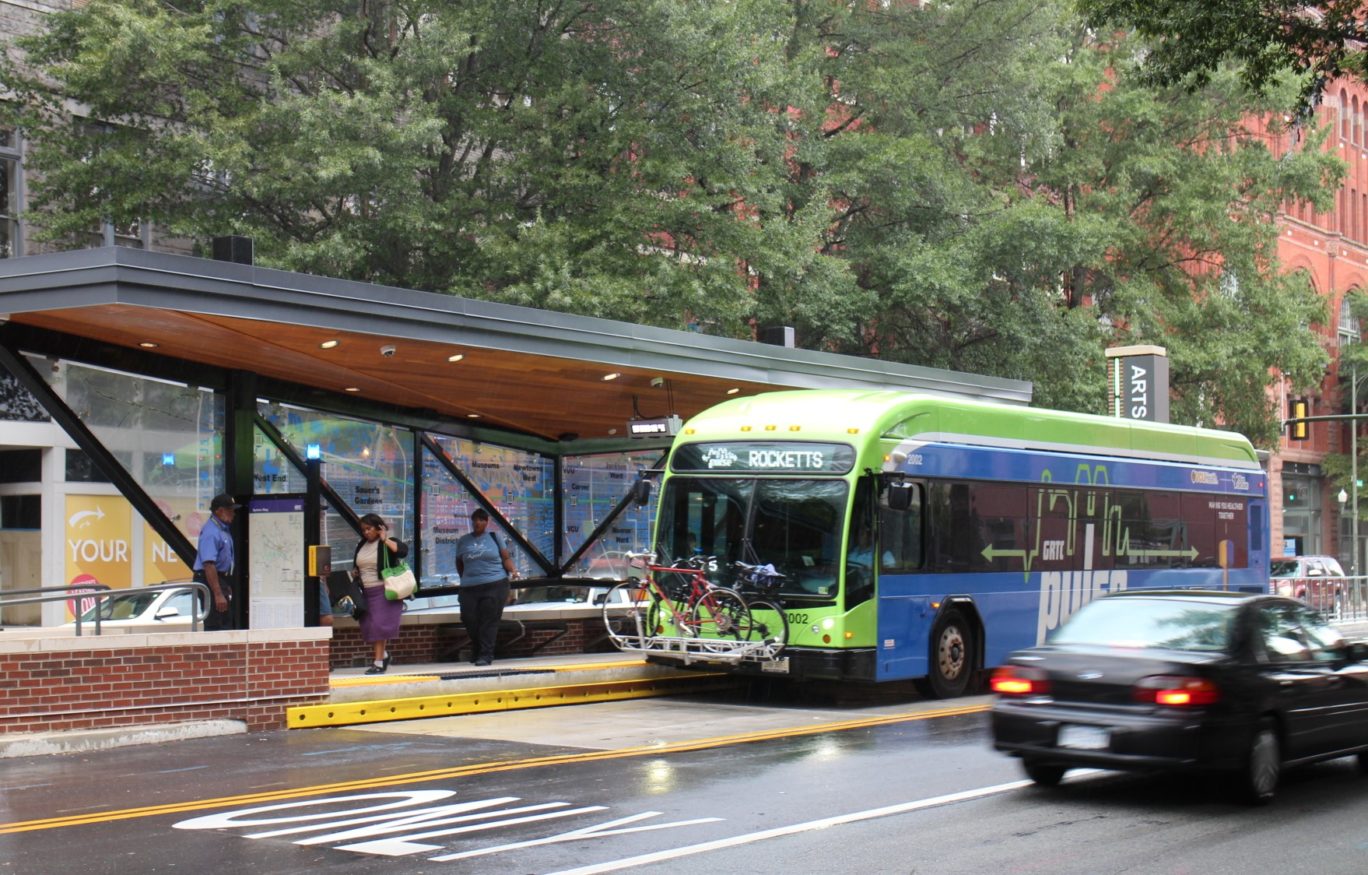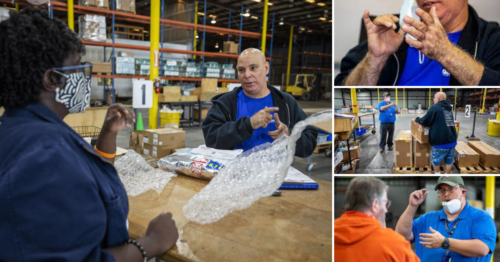
This Major Barrier to Employment Has Nothing to do With the Job
March 6, 2019For a lot of Americans, the job search can prove to be grueling. Finding opportunities. Sending off resume after resume. Interviewing. Silence. Rejection. And finally a yes.
In the Richmond area, low-income Americans face an even bigger challenge, one that further complicates an already-tough process: lack of transportation.
Without reliable transportation, job seekers are forced to pursue jobs within proximity to their homes or along public transportation lines—if public transportation has been established and is accessible. These limitations dramatically decrease the potential geographical areas for employment, making an already competitive job landscape even more competitive.
In 2018, the Greater Washington Partnership published the “Capital Region Blueprint for Regional Mobility.” It reported that in D.C., 82 percent of the population and 91 percent of low-income households live within a quarter-mile of a bus stop. By contrast, in the Richmond region, just 28 percent of people and barely half of low-income households live within a quarter-mile of a stop.
The Partnership study further reports that in Richmond, it is easier to get to a job by bike than by bus. Traveling by car still remains the most effective way to reach our region’s jobs, with the average resident reaching 81 percent of the region’s 600,000 jobs within 45 minutes. By bike, the average resident can reach 85,000 jobs in the same span, but by transit, residents reach only 21,000 jobs within 45 minutes, or just 4 percent of the jobs in the region.
With Virginia’s unemployment rate at a 10-year low, addressing transportation challenges can be a big help for those who are unemployed as well as those who depend on friends or family for transportation, or who have long commutes via public transportation.
An Innovative Solution
Goodwill of Central and Coastal Virginia knows firsthand that transportation is one of the major barriers to employment for many of the 8,500 individuals it serves each year.
The City of Richmond, a partner with Chesterfield County in the GRTC Transit System, is addressing the challenge by creating an express bus line through a major corridor, and is adding more bike lanes to facilitate commuting by bikes.
Last year, the Chesterfield County Community Service Board and Goodwill partnered for a pilot project to test point-to-point transportation as an option for low-income individuals living in the Jeff Davis corridor who needed access to employment opportunities, job training, healthcare and other basic needs like grocery shopping.
In the pilot, Goodwill served as the control center, ordering rides from Uber to transport participants who were pre-approved by the Community Service Board, and tracking the trips and expenses.
Participants were found to have much improved attendance at school and work in addition to better outcomes with medical treatments. “It’s great to have proof of concept that point-to-point service has strong usage, shorter trips and creates less stress for riders than many traditional public transportation route systems,” said John Dougherty, vice president of community workforce for Goodwill.
The pilot proved so successful that Chesterfield County will expand the program this spring. In addition, the service will cross County and City of Richmond lines, which will open up work opportunities to even more residents.










